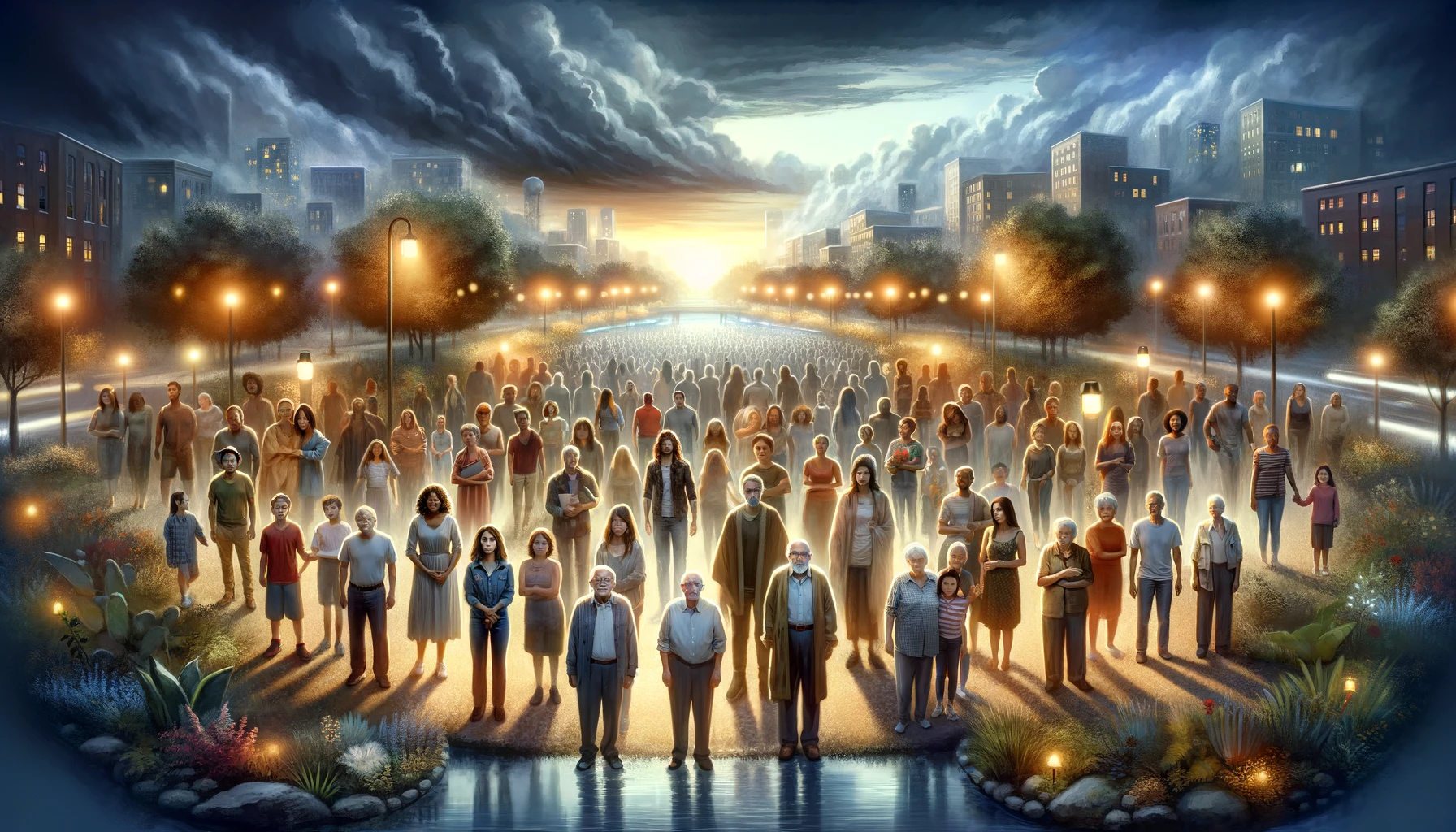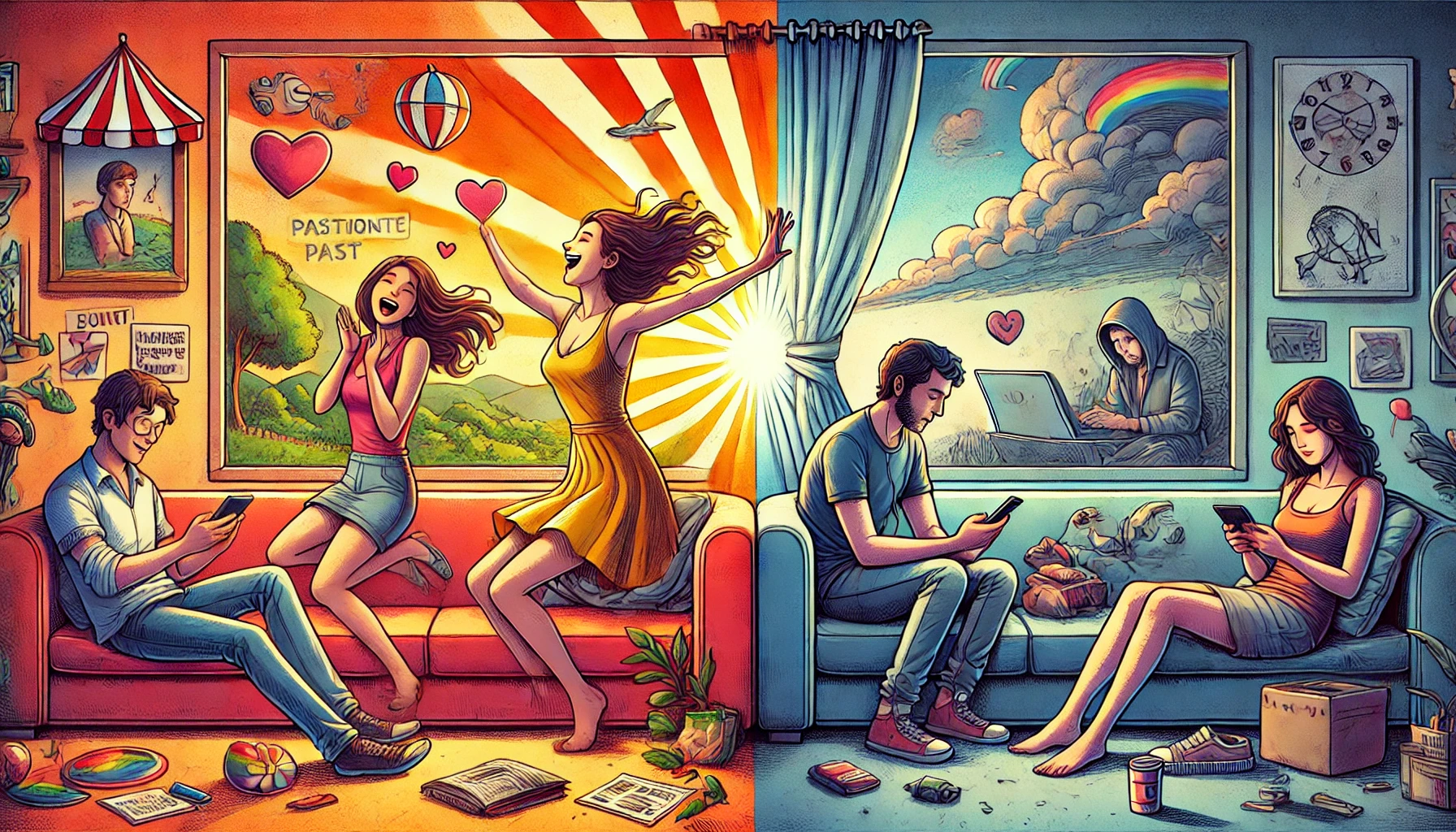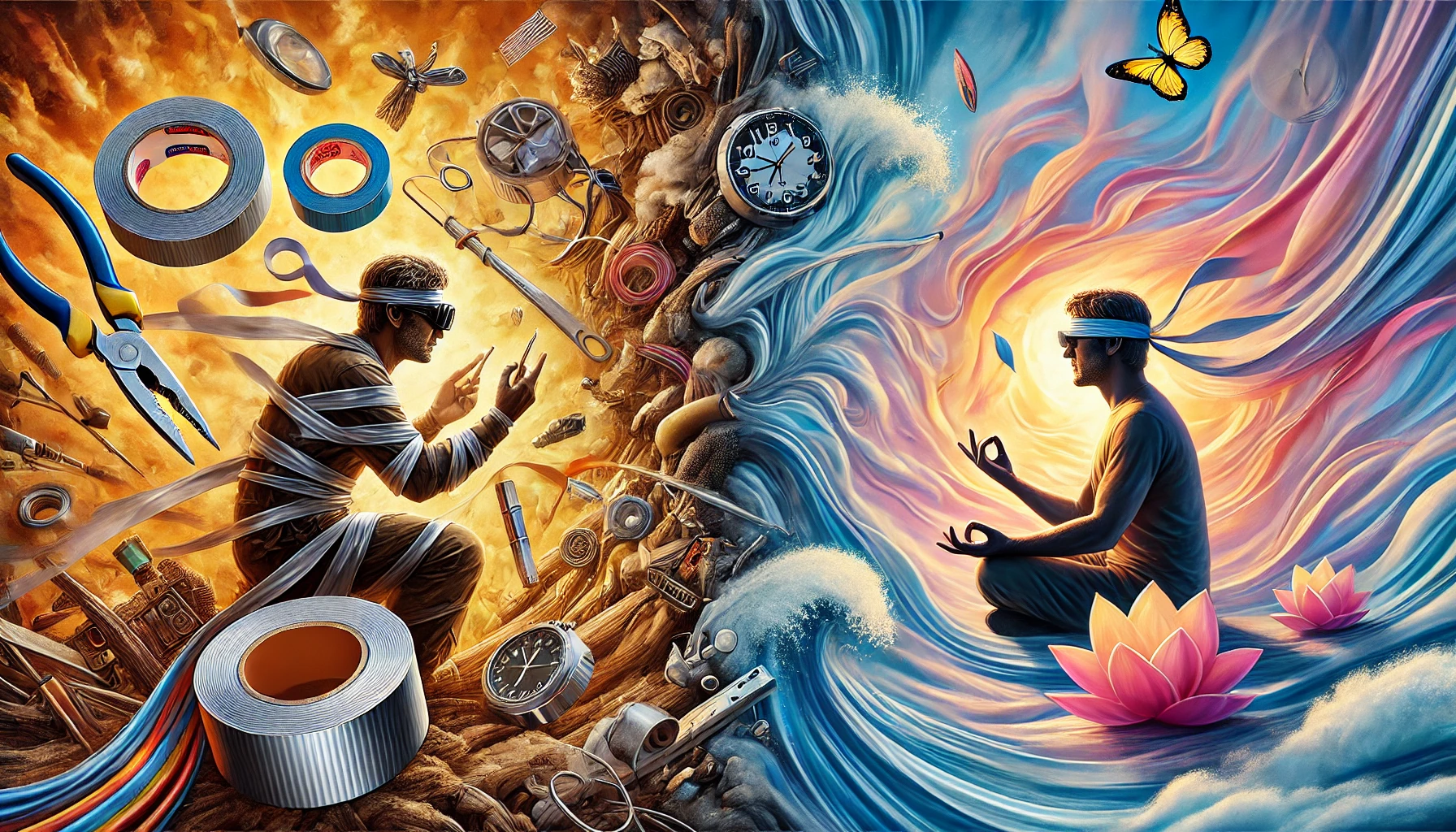READ IT TO ME: Click play to listen to this post.
The needs for safety, belonging, and dignity are part of our biologies, our identities, our communities, and our lives. Millions of people around the world don’t feel safe, lack a sense of belonging, and have been robbed of dignity and respect. If you do not fit this description, you may think you are lucky and you are!
People have learned to adapt in numerous ways to address these needs within their context, from family and community, and social conditions.
Trauma and oppression have a negative impact on these three important needs. People all around you have experienced trauma and oppression from physical or sexual harm, and racist or classist ideas, actions, and policies. Many have been told they are worthless, don’t belong, or have been objectified. Many have needed to barter a sense of connection over safety or preserve dignity versus belonging to community. People live with these nonnegotiable needs being compromised. Traumatic symptoms emerge.
Depression, anxiety, a lack of trust in self or others, marinating in shame, and numbing out with addiction or other dissociative behaviors begin showing up throughout the community at large.
Healing only occurs from these traumas when hurtful experiences are recognized, and processed, and skills of empowerment are learned to replace survival reactions. No matter what the maladaptive response, attempts to heal and restore safety, belonging, and dignity without the completion of lancing and cleaning the wound, the neglected infection will mobilize destructive survival strategies and the long-lasting painful behavior will continue.
There have been many unsuccessful attempts to rely upon behavioral modification. However, unless the wound is cleaned, people seem to fall back into old behavior patterns in what some describe as “rearranging a room to create a new look with the same old furniture”.
Safety: I have listened to battered women say they feel safe because the misogynist who beat them was not in the room, blind to the emotional bloodbath they have endured. I have heard many sexual assault victims declare that the assault was in the past and no longer impacts them, even though they struggle with shame, and low self-esteem or continue choosing partners who are harmful to them.
Emotional, spiritual, and relational safety can only be established when a sense of individual agency, interdependence, and autonomy is reassured. People need to be able to evaluate their environment in a relaxed manner in order to feel safe. When someone has been traumatized they are often unable to feel safe even in a protected environment.
A healthy 12-step community can offer a healing environment. What is necessary is to be able to create healing agreements, commit to a collective shared practice, personal reflection, and transformation with consultation and accountability that establishes a place for building safety. In this space people who have been traumatized can learn to heal, and work through everyday oppressive situations.
Have you created a space and place in your life that holds you accountable to assess, promote, and generate healing from the trauma that sabotages safety in your life? Don’t just rearrange the furniture, scrub the wound of personal trauma and experience authentic healing that provides genuine safety.
Belonging: We laugh about the Groucho Marx statement “I refuse to join a club that would have me as a member”. The truth is that we all have a need to belong. It is fundamental to being a social animal. Being a part of the pack is essential to the biology of who we are as human beings. We gather in families and communities to connect and coordinate life together. People thrive with connection and giving and receiving love. The late Bell Hooks in her book, Outlaw Culture, wrote “The moment we choose to love we begin to move against domination and oppression. The moment we choose to love we begin to move toward freedom, to act in ways that liberate ourselves and others.”
Yet, many people are lonely even when they are in the presence of others. Many have been profoundly traumatized by communities they have belonged to. Some who have been hurt feel isolated. Others feel abandoned and not chosen. All who have been traumatized by their community feel betrayed, unseen, and unloved. People who have been controlled, dominated, and abused by cult, domestic, or sexual violence usually are isolated from networks of support.
They are often secluded to the person(s) who harm them. This experience undermines the need to belong.
Giving and receiving love is an inherent need we all share. When you feel attached to a community you experience the security of belonging. People regulate their feelings best when they feel attached to a commonwealth of people with shared values where they also can experience separation of ideals and values and still feel connection.
Traumatic experience breaks the sense of belonging. Staci Haines in her book, The Politics of Trauma, states that when people are targeted by police, dominated by powerful governmental regimes in different parts of the world, or colonized and disappear in the colonizer’s telling of history, their sense of belonging is deeply damaged and made irrelevant by the broader governing powers. The sense of connection, attachment, and belonging is mangled in our culture when one in three women and one in six men suffer some form of sexual violence in their lifetime. Belonging requires a community that provides safe connection.
How has trauma impacted your sense of relational safety? When did you not feel that you belonged? Where do you now feel that you belong, if anywhere? Why did you feel the sense of belonging when you did?
Dignity: This has to do with our inherent sense of value of existence. Often, we gain respect from the things we do. People’s dignity suffers in social systems that emphasize a “power over” mentality. Our social system is embedded deeply with this mentality. The dignity of minority people of all kinds is undermined by decisions made by people who have power over others. The results of a power-over system always leave those disempowered people feeling worthless rather than empowered and dignified.
People need to feel valued and a sense of deservedness. They want to be known to have, to be seen, and have worth to contribute to community and culture. When individuals or a collective group of people are invisibilized, it has a traumatic impact on their lives. It is like they do not deserve space, even the right to exist. Living undignified fuels shame that something inherently is wrong with us and/or people who are like us. Healing and restoring personal dignity requires a commitment and declaration that your existence does matter and makes a difference. When have you felt power over dynamics in social settings that have damaged your dignity? Are you able to identify the shame you felt? Did you think that there was something wrong with you and with people who may act or feel like you did? What kind of declaration are you willing to make that will build your personal dignity? I make a commitment to_______________________.
Healing is designed so that safety supports connection, connection supports dignity and dignity supports belonging and safety. May we each strive to support the needs for safety, belonging, and dignity within and extend the support of this fulfillment to others.




